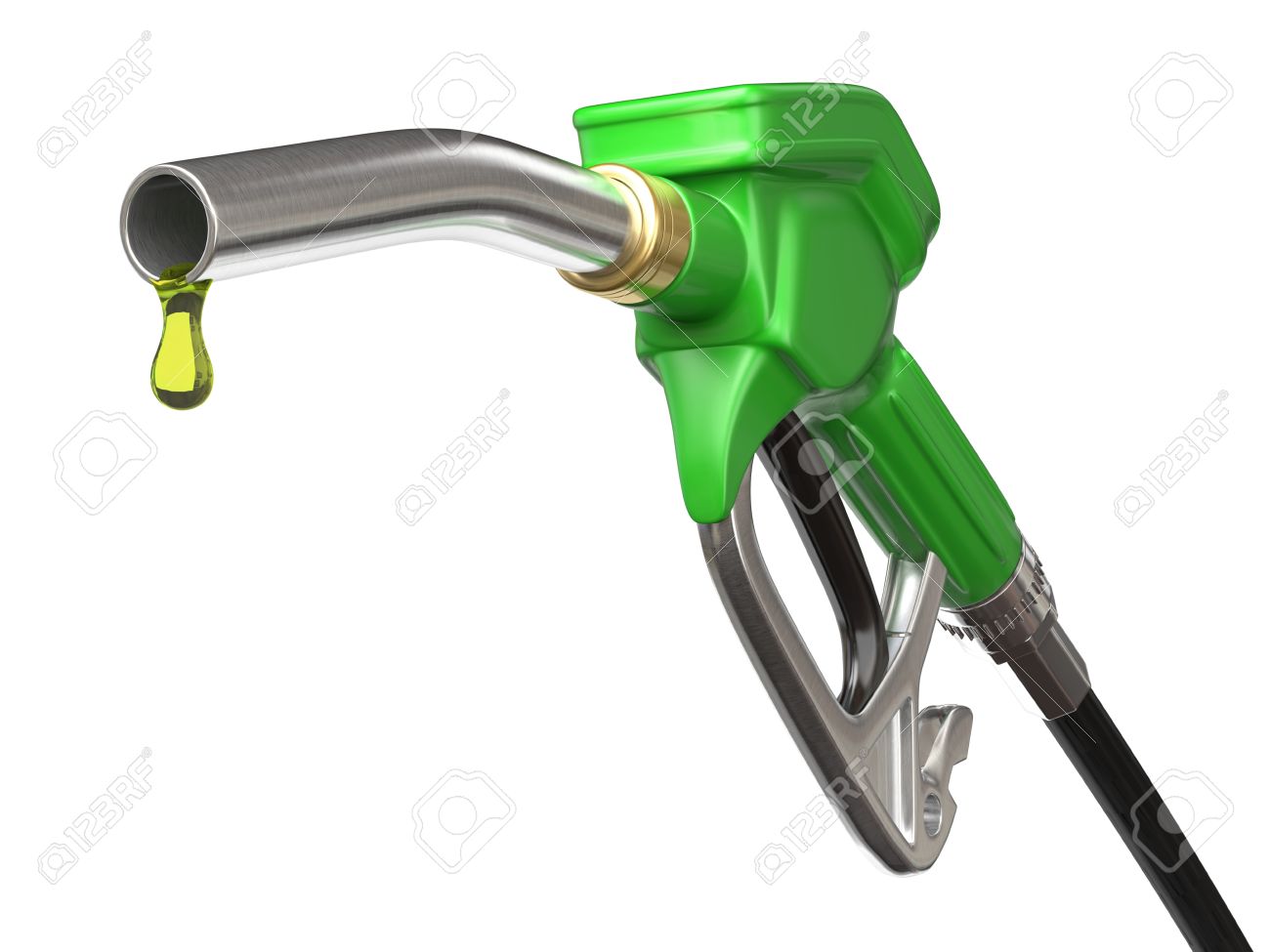Business
Naira Hits New Low, 1060/$ As MAN Kicks At Policy Reversal

The crises festering in Nigeria’s currency exchange market doubled down yesterday with the local currency depreciating further across all segments of the market.
Vanguard’s monitor of the market yesterday indicated that the Naira went down from N1,100 to USD1.0 mid-day in the parallel market before settling at N1,060 in the major trading hubs in Lagos. It had hovered around N1,025 in the past month in the parallel market.
Though the exchange rate at the official Nigerian Forex Market, the Investors & Exporters (I&E) window gained some respite hovering around N790.61/ $1 yesterday after the downward rate of N848/$1 the previous day, the yesterday rate remained much higher than last week’s level while dealers expected further depreciation from today.
This is coming on the heels of manufacturers calling for the reversals of the Central Bank of Nigeria, CBN, decision to return the 43 items it had earlier banned from its foreign exchange window.
READ ALSO: Naira Marley Releases Last Conversation With Mohbad
They said the ban was necessary in order to save the nation from looming job crisis, insecurity and collapse of the nation’s economy.
Meanwhile, the Vice Chairman of the Basic Metal, Iron and Steel Products sector of the Manufacturers Association of Nigeria (MAN), Mr Lekan Adewoye, while speaking on a TVC Business Programme, said: “For items that can be produced in Nigeria, such manufacturer ought to be encouraged. This directive will further kill the manufacturing industry that is already struggling to survive. The problem is about policy somersaults, some of our members who have outrightly invested in backward integration will now start to regret this move because everyone who can assess FOREX will claim to be an importer, forcing sincere manufacturers to close shop and increasing the numbers of jobless persons.”
READ ALSO: Arms Factory Uncovered In Lagos, Blacksmiths Arrested
“Nigerian manufacturers don’t really have any competitive advantage over those in other developing countries, at best, what you have is competitive parity, because something has to be an advantage if your competitors don’t have it. And the little incentive that government has provided now it has been removed by the directive from the Central Bank of Nigeria.”
Speaking further on why manufacturers are leaving the country, Adewoye said: “Lack of consultation, I can speak for manufacturers because we always try our best to engage the government on some critical issues and decisions, but when some of these decisions are being taken, manufacturers are not being consulted.”
Business
Naira Extends Appreciation Against US Dollar

The naira extended appreciation against the dollar at the official foreign exchange market on Wednesday.
The Central Bank of Nigeria’s data showed that the Naira further firmed up on Wednesday to N1,418.26 per dollar, up from N1,419.07 exchanged on Tuesday.
Wednesday’s uptrend represents a slight N0.80 gain against the dollar on a day-to-day basis.
READ ALSO:Naira Records Significant Appreciation Against US Dollar
Meanwhile, at the black market, the Naira remained unchanged against the dollar at N1,480 per dollar on Wednesday, the same rate recorded the previous day.
The development comes as Nigeria’s foreign reserves further rose to $45.62 billion as of January 6th, 2026.
Recall that on Tuesday, the Naira posted a N10.24 gain against the dollar.
Business
Naira Continues Gain Against US Dollar As Nigeria’s Foreign Reserves Climb To $45.57bn

The Naira appreciated further against the United States Dollar at the official foreign exchange market, beginning the week on a good note.
Central Bank of Nigeria data showed that the Naira strengthened on Monday to N1,429.31 per dollar, up from N1,430.85 exchanged on Friday, 2 January 2026.
This means that the Naira gained N1.56 against the dollar on Monday when compared to N1,430.85 last week Friday.
READ ALSO:Naira Records Significant Appreciation Against US Dollar
At the black market, the Naira dropped by N5 to N1480 per dollar on Monday, down from N1475 traded Friday.
The development comes as the country’s external reserves rose to $45.57 billion as of Friday last week.
Business
NNPCL Reduces Fuel Price Again

The Nigerian National Petroleum Company Limited, NNPCL, has again reduced its premium motor spirit price.
In Abuja, on Monday morning, it was gathered that NNPCL retail outlets have reduced their fuel price to N815 per liter, down from N835.
This means that the NNPCL filling stations cut their price by N20.
The fresh price has been implemented at NNPCL filling stations in Wuse Zone 6 and 4 Abuja, Keffi-Abuja Road, and Kubwa Expressway.
READ ALSO:Fuel Price Cut: NNPCL GCEO Ojulari Reveals Biggest Beneficiaries
An NNPCL filling station attendant, who preferred anonymity, told DAILY POST that the new price was implemented on Sunday evening.
However, the N815 per liter is N79 higher than the N739 per liter sold at Dangote Refinery’s backed MRS filling stations nationwide.
DAILY POST recalls that NNPCL on December 19, 2025, cut its price of petrol by N80 to N835 amid a price war among players in the country’s oil downstream sector triggered by Dangote Refinery’s gantry price reduction to N699 per liter.

 News4 days ago
News4 days agoWhat I Saw After A Lady Undressed Herself — Pastor Adeboye

 Headline4 days ago
Headline4 days agoPROPHECY: Primate Ayodele Reveals Trump’s Plot Against Tinubu

 Metro4 days ago
Metro4 days agoArmed Robbers Shot PoS Operator To Death In Edo

 Metro3 days ago
Metro3 days agoAAU Disowns Students Over Protest

 Metro4 days ago
Metro4 days agoJoint Task Force Kills 23 Bandits Fleeing Kano After Attacks

 Business3 days ago
Business3 days agoNNPCL Reduces Fuel Price Again

 Politics4 days ago
Politics4 days ago2027: Rivers APC Pledges To Follow Wike’s Instructions

 Metro3 days ago
Metro3 days agoEdo: Suspected Kidnappers Kill Victim, Hold On To Elder Brother

 Metro3 days ago
Metro3 days agoNine Soldiers Feared Dead In Borno IED Explosion

 Entertainment4 days ago
Entertainment4 days agoAnthony Joshua Returns To UK In Private Jet






















